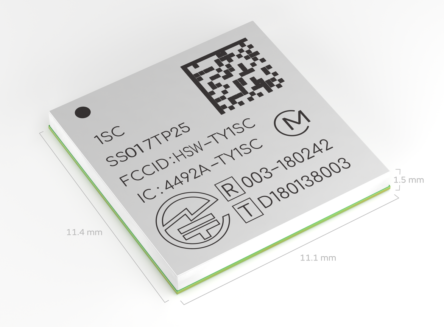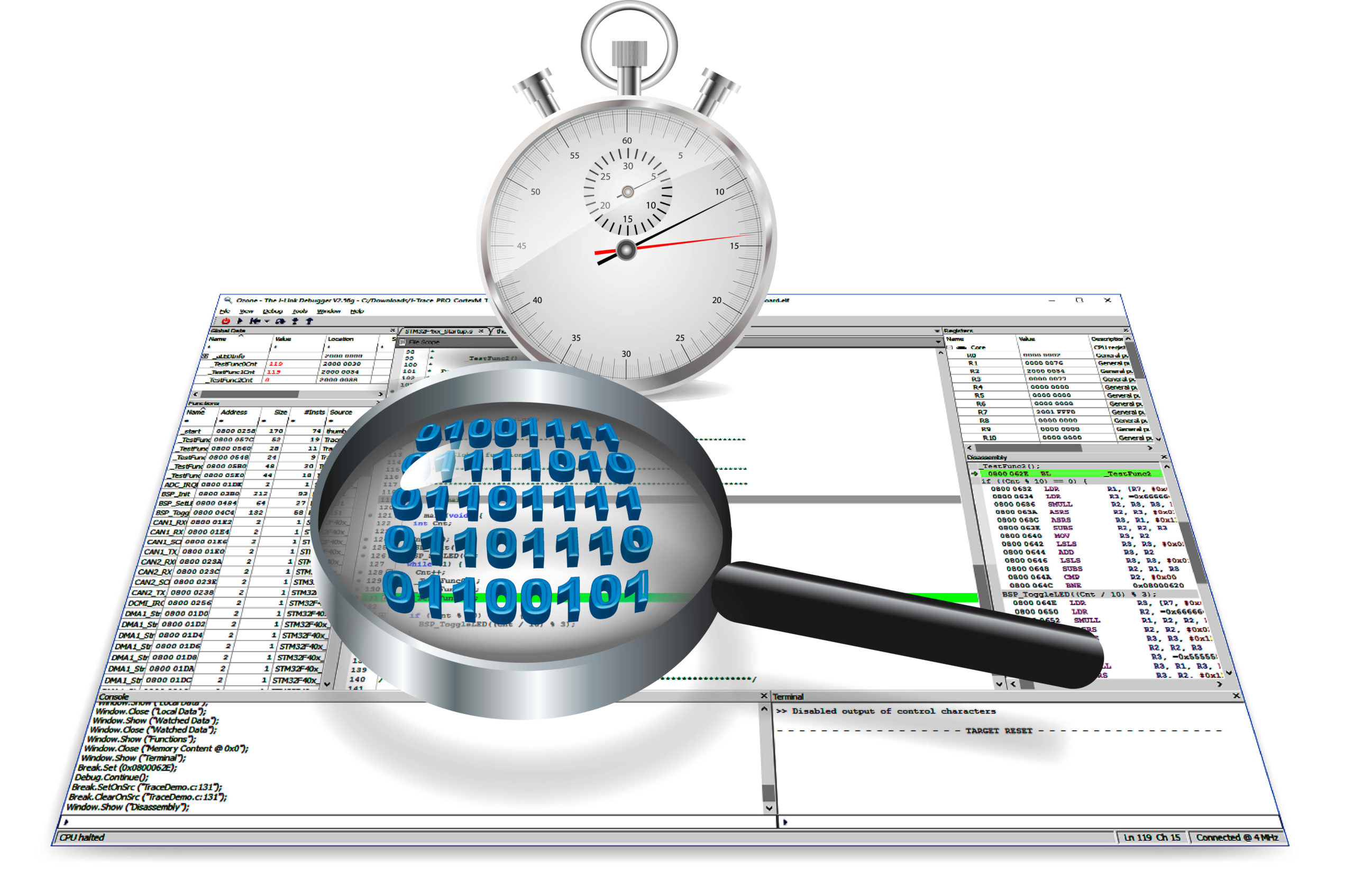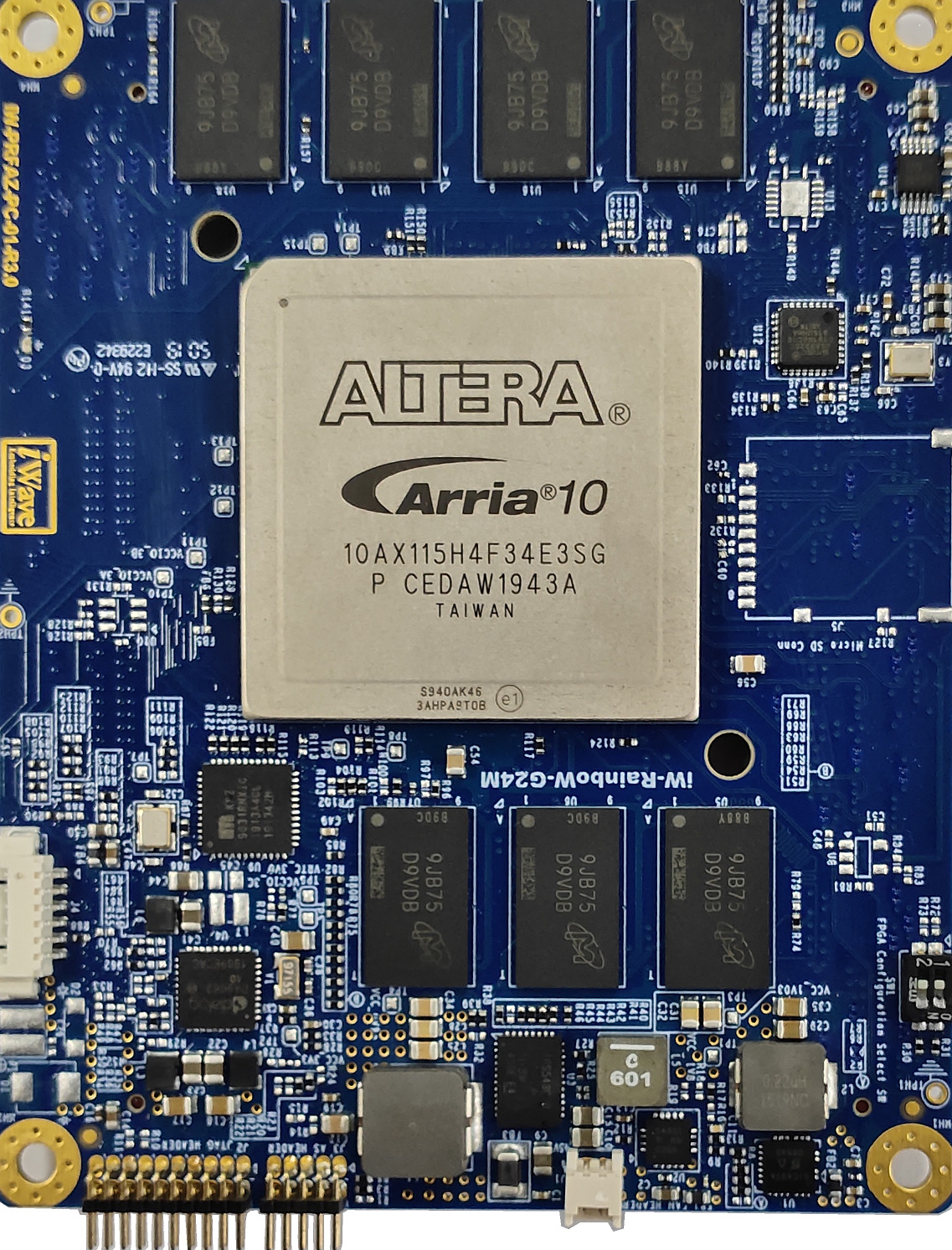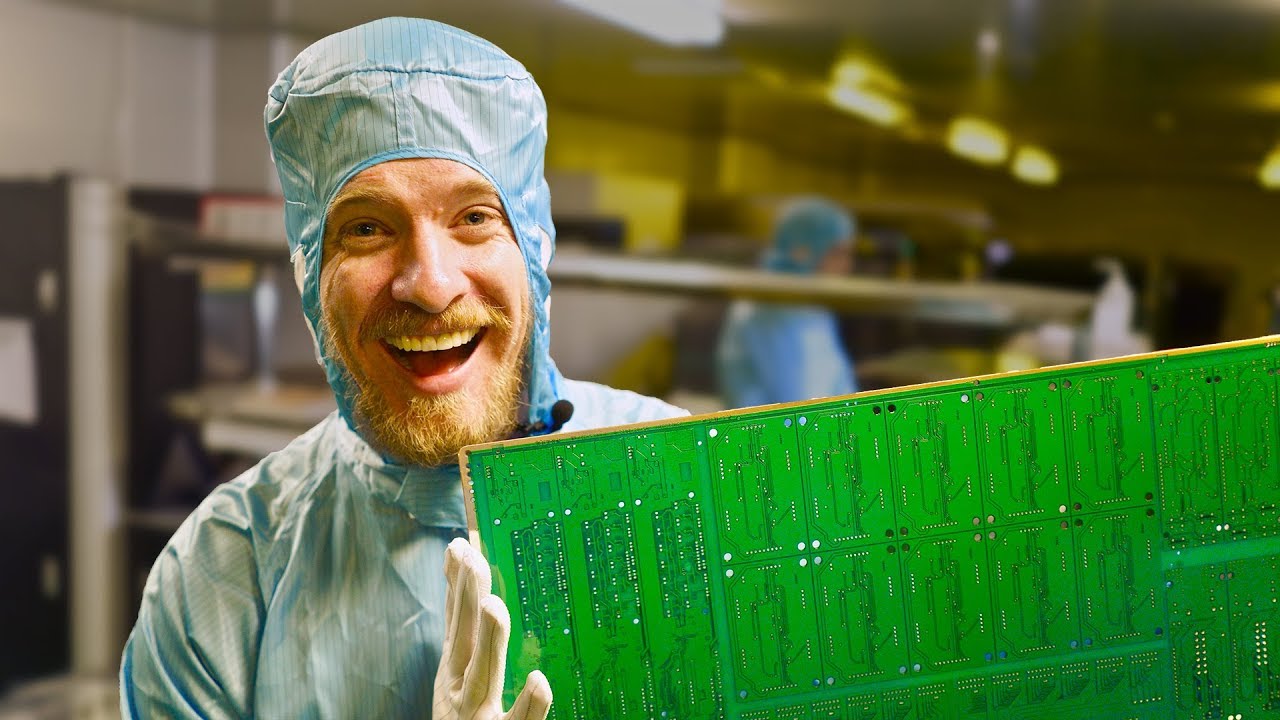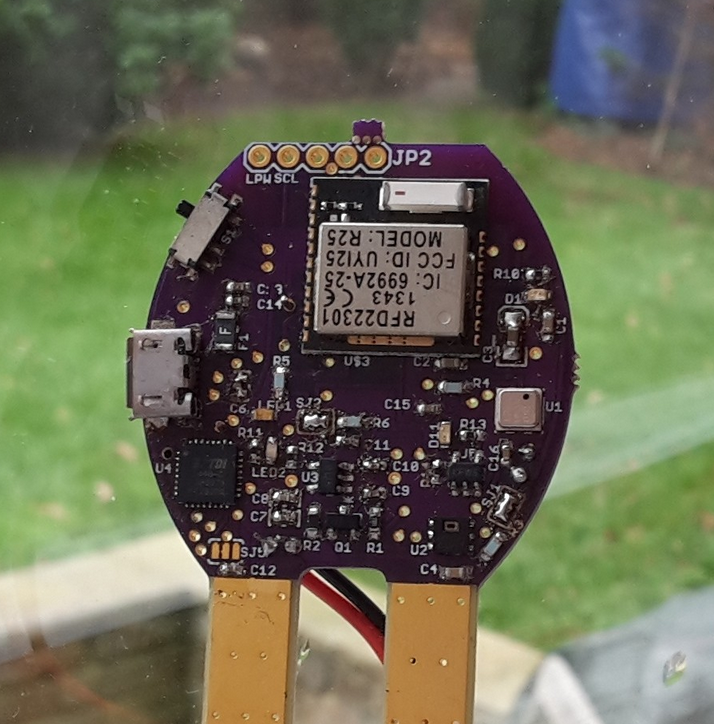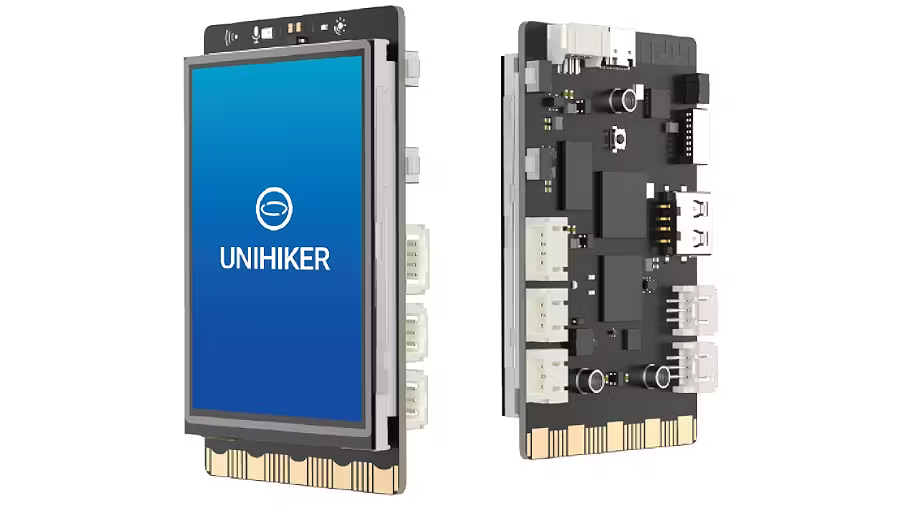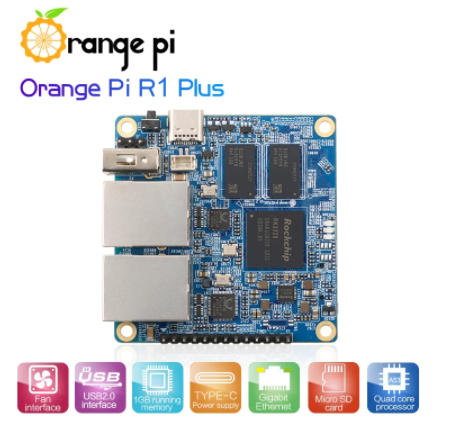Murata Electronics today announced that their LTE-M solution powered by Altair Semiconductor’s advanced cellular chipset has secured Deutsche Telekom certification for operating on the carrier’s German 4G LTE wireless network. Measuring just 11.1 x 11.4 x 1.4 mm, the module is the world’s smallest form factor solution and enables applications to move the market forward, such as mobile IoT. In addition to its unparalleled size, low power, and cost efficiency, the Type 1SC’s high level of integration drastically cuts time to market and reduces customers’ certification costs.
The module contains Altair’s advanced cellular IoT chipset; the ALT1250 (https://altair-semi.com/products/alt1250/). With an industry-leading low power consumption, it enables IoT devices to run for longer, providing years of operation without the need to replace batteries. Commercially available, the RoHS-compliant chipset features a hardware-based security framework and a rich set of features including integrated SIM (iSIM), an ARM Cortex M4 MCU for the user’s IoT applications and GNSS, ideal for enabling a wide-range of industrial and consumer IoT applications.
Flexible and optimized solutions are the building blocks for realizing IoT on every wireless device. The Type 1SC is the first LTE-M module to be certified by Deutsche Telekom for use on its network. Developers can now leverage the Type 1SC’s confirmed interoperability with the mobile operator’s network to introduce new products and services.
“With the Deutsche Telekom certification, mutual customers can easily tap Murata’s RF expertise and access best-in-class solutions,” said Koichi Sorada, Product Manager Connectivity Modules, Murata Europe.
“Murata is a leading provider of innovative building blocks for the Internet of Things and through our strong partnership we continue to secure superior performance and quality needed for success in mobile IoT,” said Wayne Gilbert, Head of IoT Device Integration and Validation at Deutsche Telekom.
more information: www.murata.com





